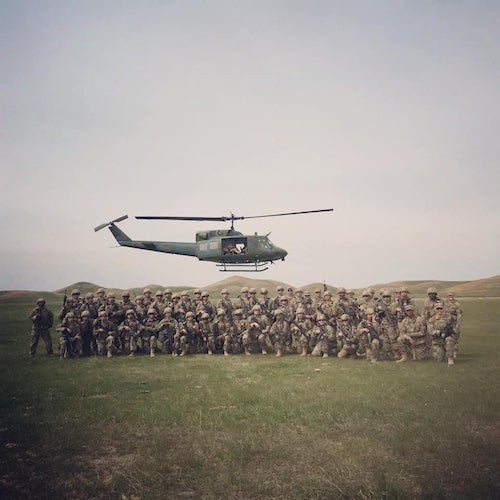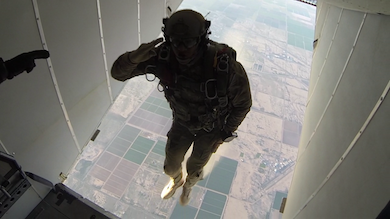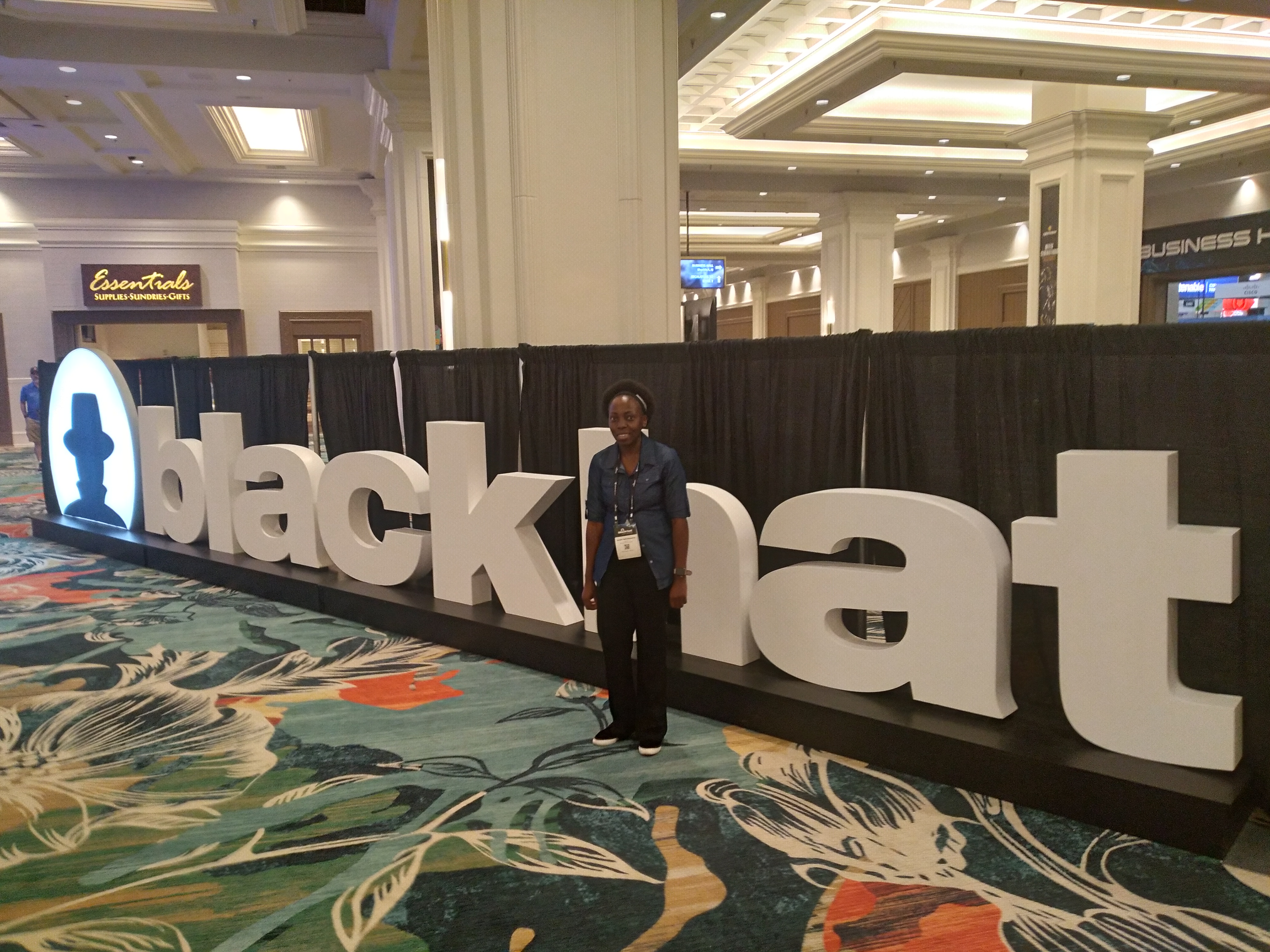The Veteran Experience at the Ritchie School
With almost a thousand students at the Ritchie School of Engineering and Computer Science, you’re not going to find two students with the exact same story. Some students came directly to the University of Denver after high school, and others took a gap year beforehand. And for some, they took time to be in the military.
For undergraduate computer science major Caleb Smith, the choice to enlist in the Air Force was made to get more professional experience before starting his collegiate career. “I wanted to get out there and get some real world, professional experience. And I think I got that out of the service,” said Smith, a former member of the Air Force’s security forces.
Computer Science student and Air Force veteran Giorgos Linardos had a broader goal and said, “I wanted to go experience something most people can’t experience.” His childhood dream was to work in video games and, after achieving financial security through military service, he joined the Ritchie School’s Game Development program to strengthen computer science skills while also being flexible with his future plans. “With game development and computer science, you can be very lenient with the direction you go with, specifically, how you're going to be programming.”
Kai Jones, a Navy veteran and game development student, joined the service after doing Junior ROTC in high school. “(The Navy) seemed like something more structured that I really wanted to do, because I couldn't see myself anywhere else.”
Smith was also initially interested in game development, but switched over to general computer programming after spending some time at the Ritchie School and wanting to broaden his studies. “Coming here to DU after my first year, I was learning what this whole coding and programming thing is all about. It flipped the switch for me a little bit and I thought, ‘Oh, well, I could get into software engineering instead.’”
Reflecting on his experience in the Air Force, Smith said, “It definitely made me more professional. Being early to things was a big deal. It instilled that discipline in me. And also getting to experience the diversity that was in the military, I got to work with a lot of different people.”
Jones said that being in the Navy “boosted a lot of self confidence, and not worrying about what people really thought of me at the time. I had super low self-esteem, and it helped with that dramatically.”
Smith, Linardos, and Jones all had under five years of service before attending the Ritchie School. Meanwhile veterans and students Michael Kurta and Blake Ferguson both served in the Air Force for over twenty years and were deployed multiple times.
Ferguson, who is studying Systems Engineering at the Ritchie School through tuition assistance with Lockheed Martin, said the service “opened my eyes to realize how much more is out there. The way the world worked from the lenses I used when I was in high school is completely different from what I've come to discover.”
During his 22 years in the Air Force, Ferguson transitioned from an aircraft armament systems specialist to a training and leadership role, which was not his goal initially. “I didn't want to be in leadership,” said Ferguson. “After I got promoted and got selected for some of the leadership positions, I realized how I could benefit a lot more people and I actually really enjoyed it.”
Kurta had a similar career trajectory. After three deployments that were back-to-back, he transitioned to a training manager role in his unit. “I didn’t deploy as much anymore, and I got to go to Weapons School, which is like the Air Force’s version of Top Gun, but it’s more than just pilots (at the school), it includes anybody involved in a combat job.”
Now out of the service, Kurta is in his first year of a computer engineering degree. “I've been planning this degree for a long time. So I'm not a total beginner. I know very well what the degree is about. I've always been interested in electronics. As a kid, I had little kits and stuff that I played around with. And then I was fortunate that the high school I went to in my freshman year had an electronics class… When it came time for me to think ‘What do I want to do when I get out of the military?’ I reached out to (a friend in electronics engineering) and asked, ‘Am I too old to go into engineering?’ And he was encouraging.”
All of them had their own experiences and challenges as they transitioned from military life to civilian life and then life at the Ritchie School. Linardos called his adjustment smooth and said, “I had so much support from the VA (U.S. Veterans Affairs department) when I initially separated so I wasn’t too stressed to take another job. I could hang out with my family and work a couple part-time jobs.”
Jones had more struggles adjusting back to civilian life but found solace through volunteer work. “(The transition) was rough. I remember feeling useless because I was always used to always having a task to do or being told to do something. Then I started volunteering when I was in Texas and got involved in nonprofits and I still am heavily involved in nonprofits.”
On adjusting from life in the Air Force to life on the DU campus, Smith said, “The military is very structured, you have your chain of commands… Where you need to be, what you need to do, that’s all laid out very clearly for you, especially as a junior enlisted rank coming in. Being at a university where you make your own schedule, you have classes that you have to show up to and coordinate with other students to work on projects. It's been a bit different having more freedom and responsibility to do that.”
Ferguson moved from a base in Germany to Colorado, and found his current job at Lockheed Martin after an extensive job search and has been taking classes remotely because of the Covid-19 pandemic. Typically, he explained, that people retire in the base where they want to fully transition into, but he was not interested in staying in Germany. “I retired from Germany. And what that means is for the last 22 years, everywhere I've gone, there've been people waiting for me at my next base to help transition into things… There’s always been a support system.” And since that was not the case going from Germany to Colorado, he called it “probably one of the most stressful times of my life.”
“I had a plan. I wanted to go to school, that’s what I told everybody,” Kurta said on the ease of transition. “A lot of people in my career field end up going straight into jobs right when they get out or working with defense contractors… I wanted to be an engineer.”
When asked about what he wanted his fellow students to know about veterans, Kurta said “People come from all walks of life… (Veterans) have had experience working with a lot of different people before, they’ve traveled outside their hometowns. They might have, on average, a broader worldview.”
Ferguson said, “(The service) makes your perspective so much more interesting and mature. It’s a different way to gain life experience… Veterans are likely going to enforce discipline and follow the rules and do what they're supposed to do when nobody's looking.”
“Don't be afraid to talk to the veteran students at all,” said Jones. “We're just people.” He acknowledged that with veteran students having separate spaces for support that doesn’t mean other students aren’t invited. “People shouldn't be afraid to go in there and speak with us if they have even the slightest interest. We’re students too, and we have our own space for a reason. But I don't think that means we're trying to isolate ourselves either.”
“Not all veterans are combat veterans,” Smith wanted his fellow students to know. “There's cooks in the military, there's finance people, there's crypto linguists, there's IT people, there's a lot of different opportunities and careers in the military, and a lot of different experiences that come with it. It’s hard to put veterans into a rigid box of ‘this is what a veteran is.’ Because there's a lot of variation that comes with that.”
Smith also works at the Veterans & Military office at the DU Student Affairs office. The Office has several resources for students who are veterans. They also have a lot of great events coming up.





